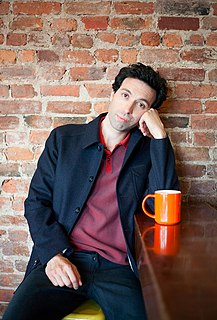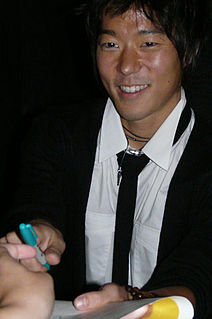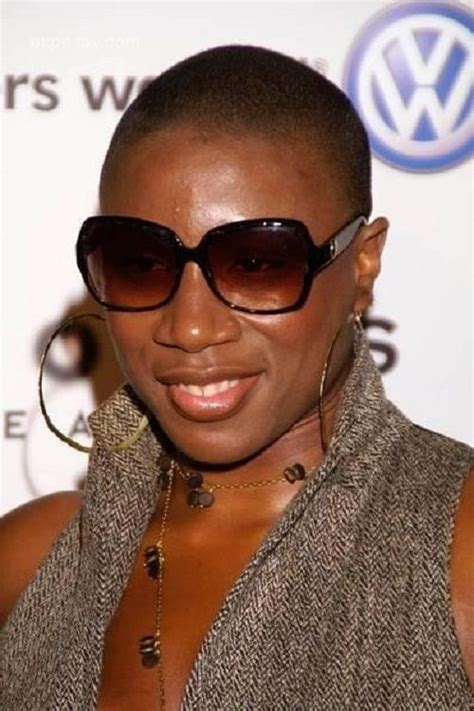A Quote by Susie Dent
Among the best of Hitchcock's own psychological thrillers is 'Spellbound,' whose story unusually wrapped the subject of psychoanalysis around a murder mystery.
Related Quotes
I'm not 100% sure 'Rebecca' qualifies as a thriller, given it's three parts screwed-up love story and two parts ghost-story-without-a-ghost, but the mystery at the heart of the novel is what happened to Maxim's first wife, the eponymous Rebecca, and it's unravelled with the pacing and finesse of the finest psychological thrillers out there.
A romance novel is more than just a story in which two people fall in love. It's a very specific form of genre fiction. Not every story with a horse and a ranch in it is a Western; not every story with a murder in it is a mystery; and not every book that includes a love story can be classified as a romance novel.
I remembered watching the film from Alfred Hitchcock, 'Dial M for Murder,' and he shot almost all of that movie in one room. There was a genius in what Hitchcock did by manipulating things in that room so that you could see the distances between things like the tables and the vases because of how he used perspective.
The show [Shots Fired] is an autopsy of our criminal justice system, a space where the conversation surrounding the issues in our country is offering a seat at the table to all the voices to be heard, a murder mystery, and grassroots look at our own humanity as we move through the parts and pieces of the story.




































